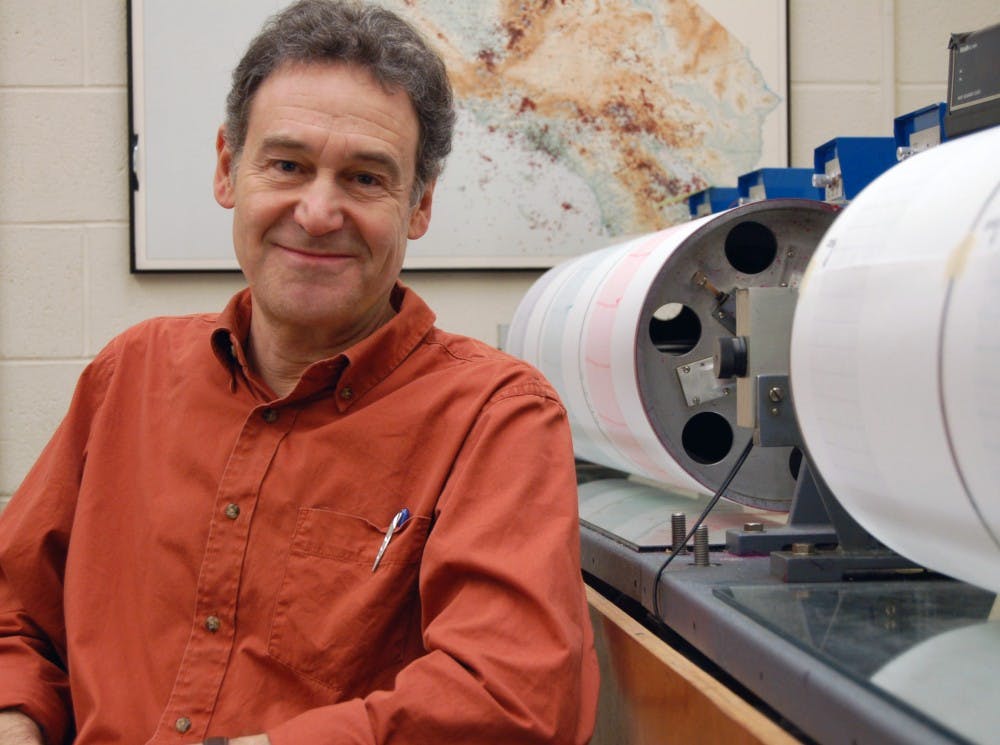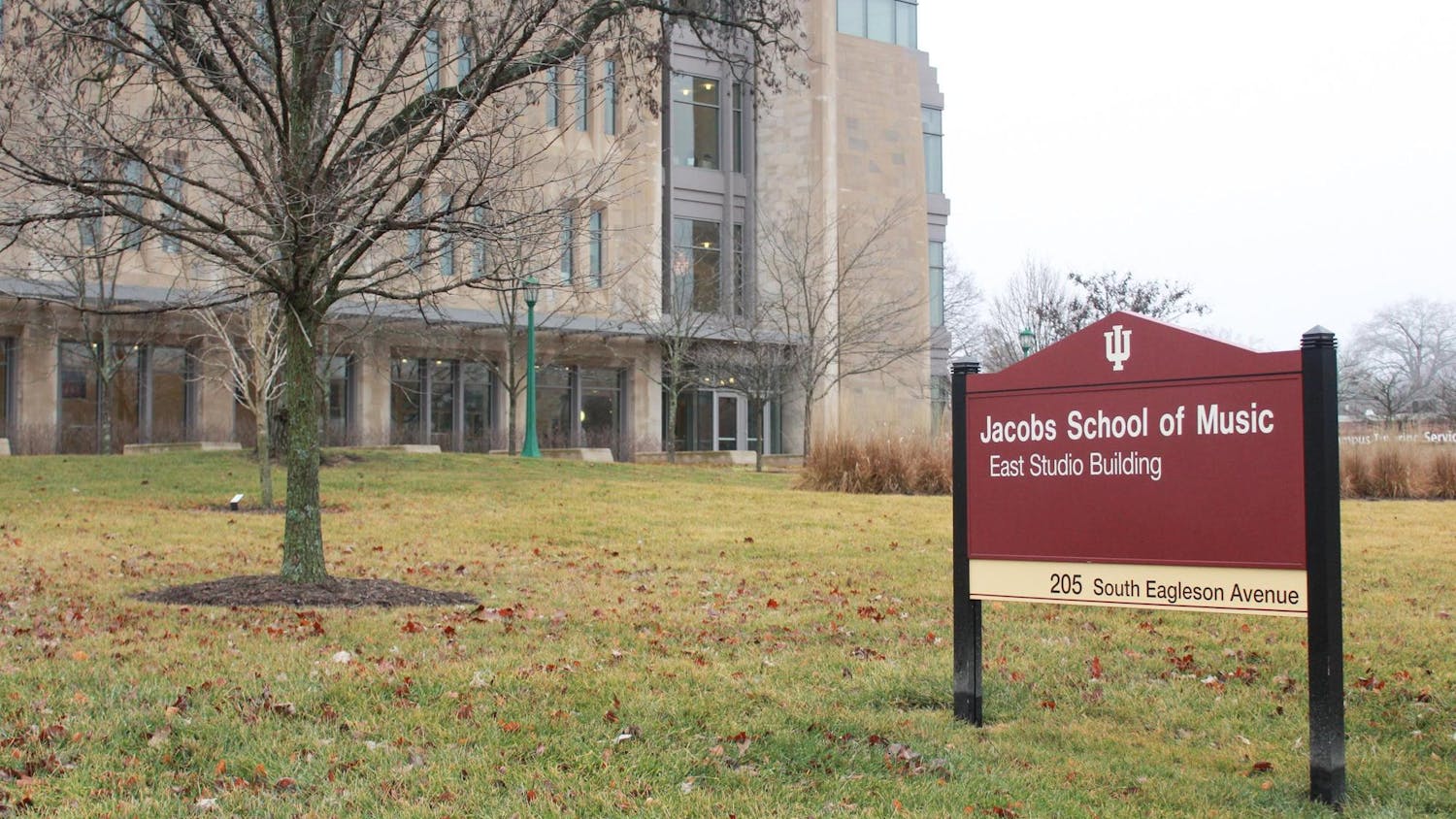In the wake of the 2016 presidential election, scientists at IU began to worry.
On the campaign trail, then-candidate Donald Trump promised to “cancel” the United States’ involvement in the Paris Climate Agreement and claimed climate change was a Chinese hoax.
IU scientists organized an open meeting to discuss science under the new administration on Feb. 8, 2017. They were surprised when almost 200 people showed up.
“Within a few weeks, Concerned Scientists at IU was born,” said Michael Hamburger, a geological sciences professor and a founder of the science advocacy group.
Concerned Scientists is a group devoted to strengthening the role of data and research-based decision making in public policy. The group advocates for science in legislative processes, organizes community events to discuss science in policy making and educates IU and Bloomington community members.
Scientists trusted politicians and decisions-makers to support science-based policy, regardless of political leaning, Hamburger said. Now powerful, rich sources have tried to marginalize the role of science, particularly in regard to climate, environmental and agricultural policies.
“Scientists have been slow to push their way back to the table, to take part in these critical decisions,” Hamburger said.
While Concerned Scientists at IU is not officially associated with the University, its student chapter, Concerned Student-Scientists at IU, is an official student organization.
The student group was created to directly involve IU students in science advocacy and to create a strong sense of community among student members, said member and student Adrienne Keller.
“I think that students are looking for that in a different way than maybe some of the community members or faculty would be,” Keller said.
Keller is pursuing a Ph.D. in forest ecosystem ecology. She said when she saw research on issues such as climate change and gun control being ignored in policy decisions, she felt she could not longer just sit in the lab.
“A lot of scientists—both young, and I think older scientists- in the field are recognizing this disconnect between science and policy is having really strong ramifications for the health and safety of our communities,” Keller said.
Paula Madetzke, a junior pursuing a degree in physics, said she joined Concerned Student-Scientists because she felt a moral and civic obligation to advocate for science in the wake of the election.
“Our democracies don’t work unless the people in them work to maintain their democracy,” she said.
Medetzke said public support of science has been strong in the past, particularly during the Space Race in the 1960s. Now, she said scientists have become removed from those who don’t study science.
“On top of there being less of a national emphasis, there’s a mystification,” Madetzke said. She said scientists need to be better about reaching out to the public and demystifying science.
Both Concerned Scientists and Concerned Student-Scientists welcome non-scientists as members. Keller said the groups need members who come from different backgrounds — including policy, law and humanities — in order to effectively advocate for change and strengthen bonds between the groups.
“By being interdisciplinary, we can sort of bridge those divides,” Keller said.




